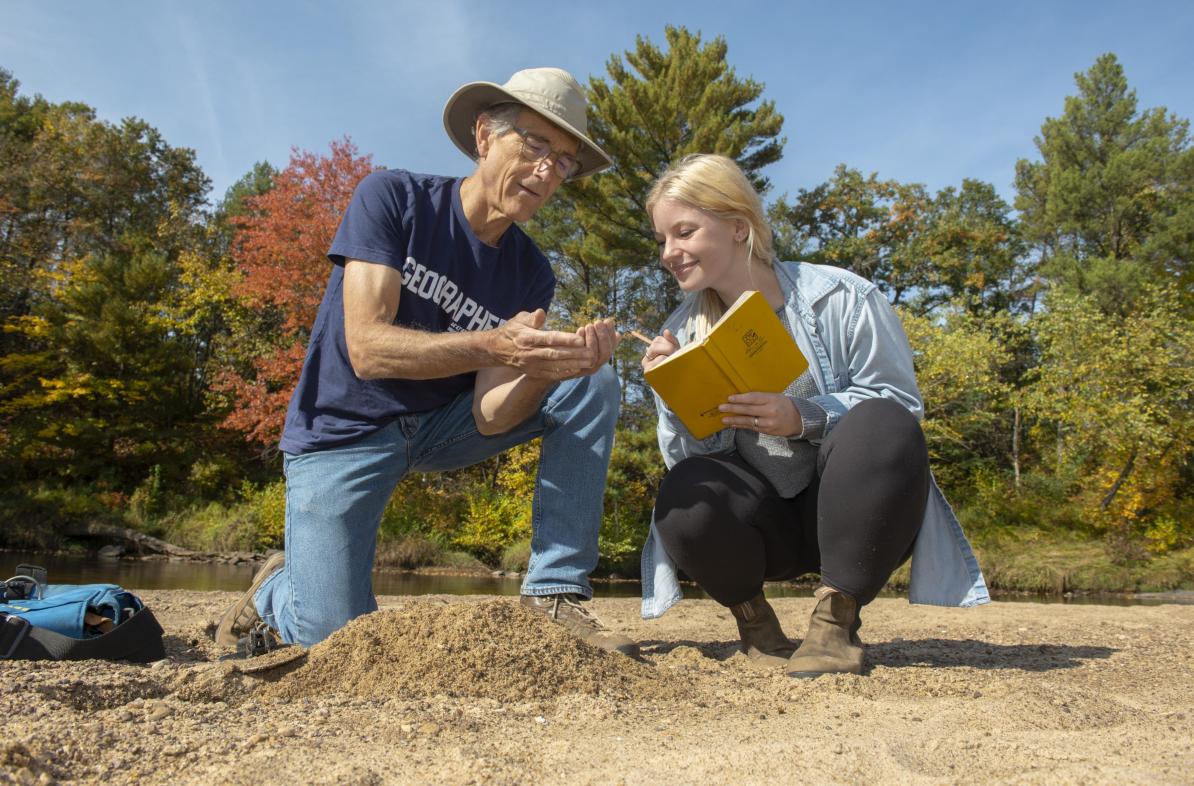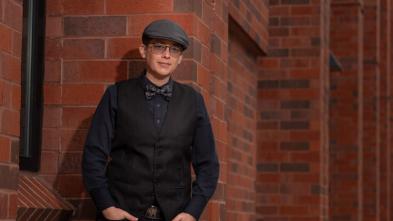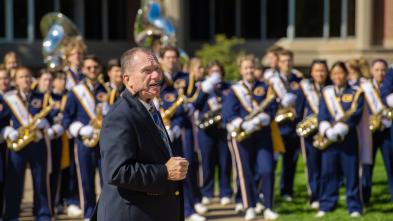Featured Image
For the media

Title
Geography professor wins national award for mentoring research students
Story Categories
Authored on
Geography professor wins national award for mentoring research students
Published on:
Intro text
A University of Wisconsin-Eau Claire professor is being recognized nationally for his commitment to and excellence in mentoring undergraduate student researchers.
Sections
For the media
For the media
Image download


